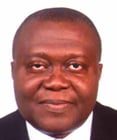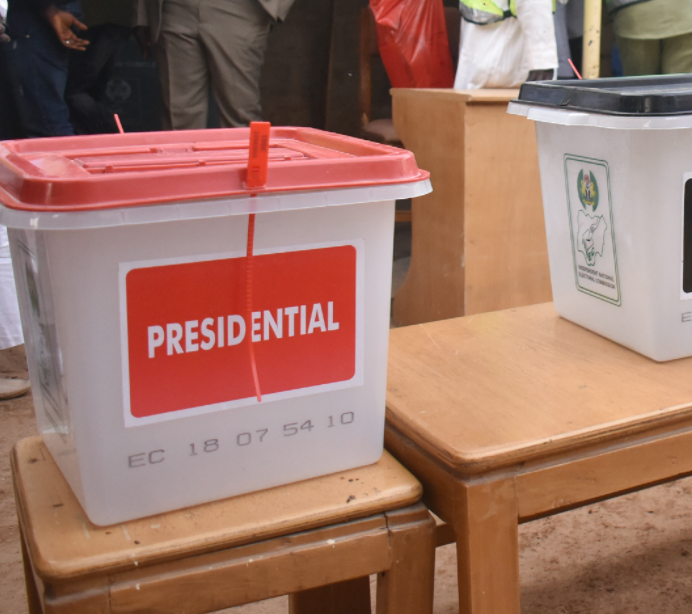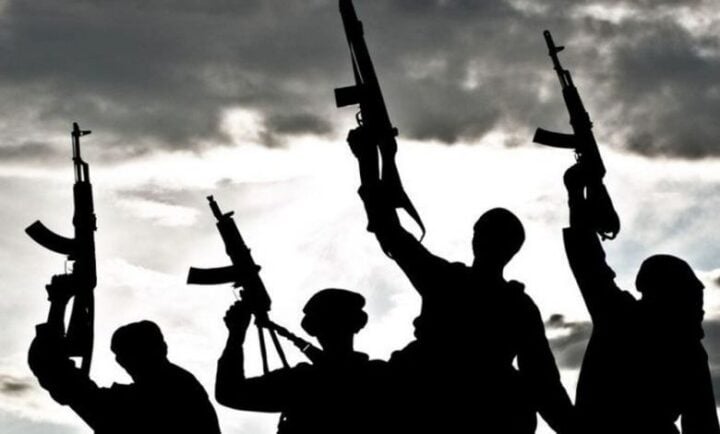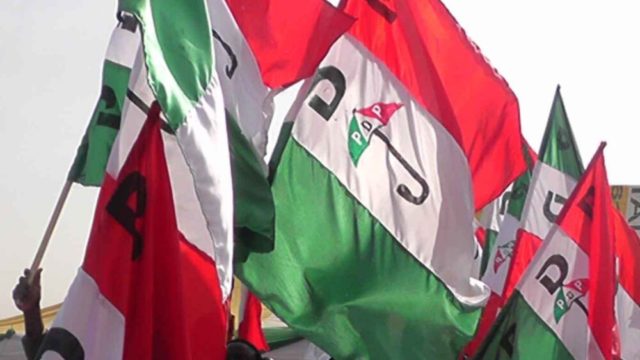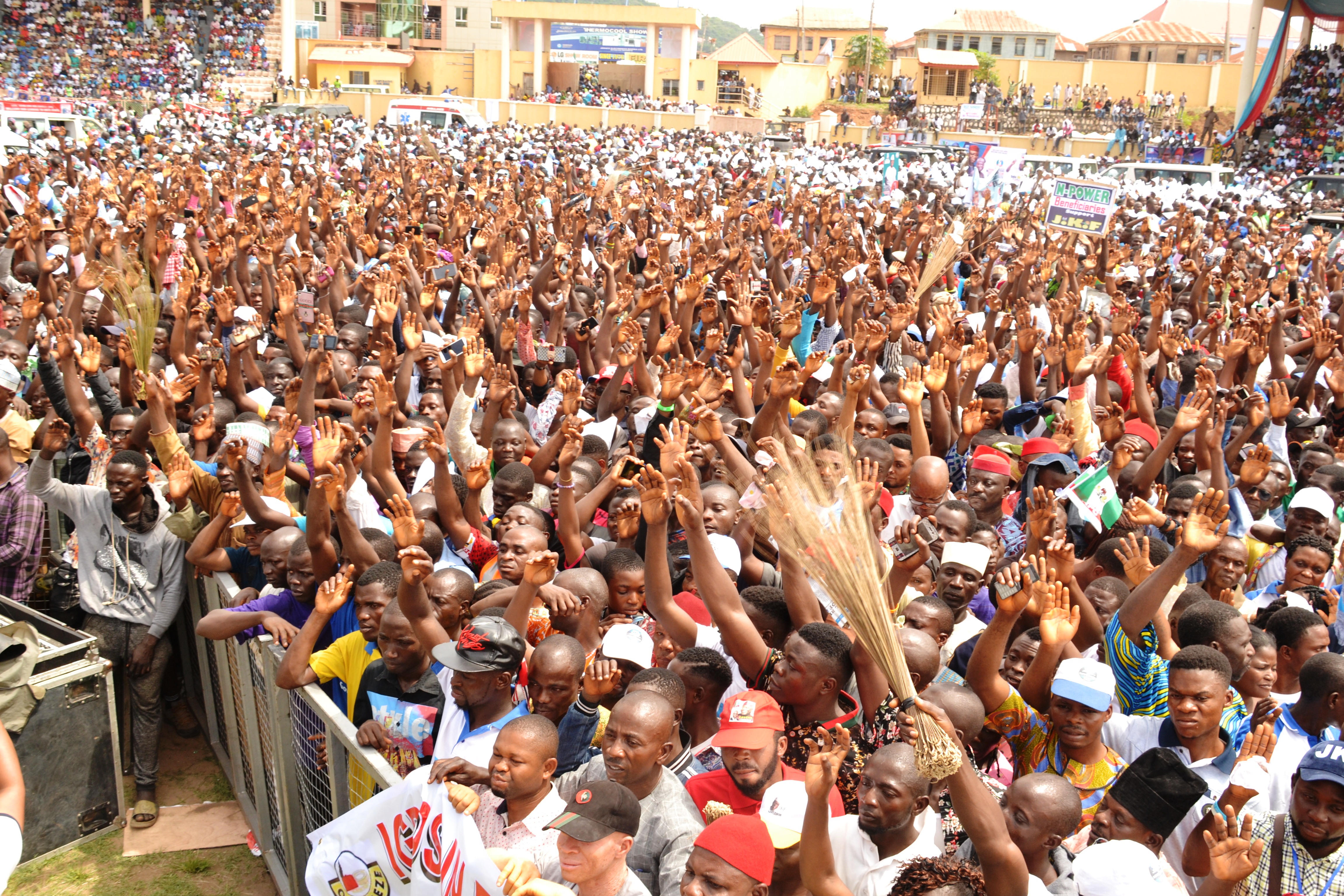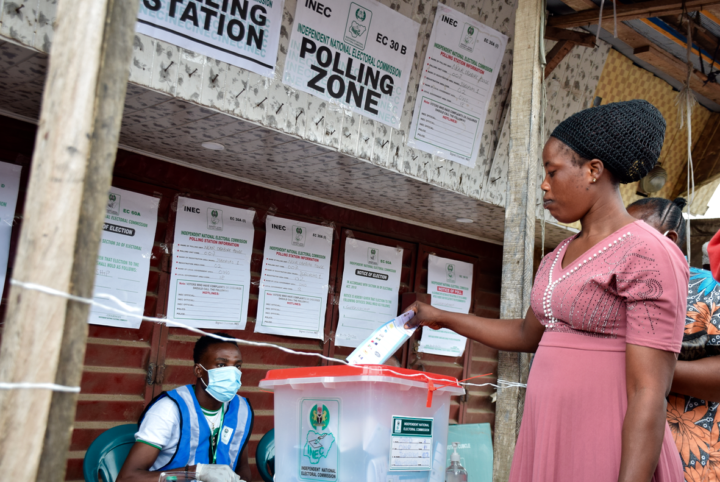The most topical issue today wherever you find two or more people together is next year’s general elections and the accompanying permutations. This should not be surprising because the stakes are high – especially in the presidential election holding less than one year from now. It is also a season when our politicians and their strategists are at their best, playing with all kinds of scenarios.
After different circles of elections since 1999, why is 2023 special and significant? It will be a make or mar year for a slew of reasons – it will actually be a tipping point for the country. With the current level of hardship, anger and frustration, we cannot shy away from discussing the qualifications and capabilities of our next president. If we complain and do nothing, the problems will not go away; they will simply multiply. The starting point is to search for a visionary and transformational leader.
It is a three-stage process like when you’re looking for a job. The first stage is to package your CV stating your qualifications and submit it to your potential employer. The second stage is when you get the chance for an interview; you will use the opportunity to explain why you think you’re the best man for the job. The third stage is when you are hired and start work.
The choice we make next year will make all the difference. Are you eligible to vote? Have you registered to vote? Who will you vote for? What are the candidate’s credentials? We must understand that it is our civic responsibility to vote and be voted for.
Advertisement
Understandably, voter apathy is high because Nigerians are generally disillusioned and unhappy with the way politicians carry on – they do not inspire any hope for a future of great possibilities. There is so much uncertainty around us which has led to a significant brain drain. The number of Nigerians quitting their jobs and leaving for other countries in droves is deeply troubling.
At every election which is a major investment, what you see are desperate contestants and their supporters who deploy do or die methods through ballot snatching, violence and sometimes, politically motivated assassinations.
Unfortunately, our politicians are bad losers and would go to any length to become winners – including using and abusing the courts. I do not expect this culture of bad behaviour to change overnight; that would be wishful thinking. But the news from the Independent National Electoral Commission (INEC) is heartwarming. Mahmood Yakubu and his team at INEC have assured us that we should not lose any sleep as they are fully ready to exorcise the demons of election malpractices by deploying the use of relevant technology to combat rigging at next year’s elections.
Advertisement
Since we have jesters among the political elite at all levels that are lucky to have access to privileges, they should know by now that the boys will be separated from the men next year. No one can say for sure what the outcome of the presidential election will be but before then, we have the primaries to contend with. INEC has announced that all primaries must hold on or before June 3; so, the clock is ticking and the heart is beating fast.
Clearly, one of the two dominant parties – whether we like it or not – will produce the next president, all things being equal. It will either be the All Progressives Congress (APC) or the opposition party, the People’s Democratic Party (PDP) which used to be in charge. Hopefully, life in the opposition may have taught the party’s chieftains – most of them are now in APC — useful lessons because their plan to rule for 60 straight years turned out to be a spoof – it was an expensive joke.
Some commentators have written about the qualities Nigeria’s next president should have. However, the presentation I wish to x-ray is the one by Aare Afe Babalola, the erudite senior advocate of Nigeria (SAN) and founder of Afe Babalola University in Ado-Ekiti (ABUAD). He released a three-page statement two months ago titled, ‘The presidency: When a candidate is not qualified’, where he listed the qualities which, in his view, are necessary and sufficient conditions for any political leader to assume that office.
“The parties must search for the very best, without mundane consideration in picking their candidates,” Babalola wrote in his statement. He explained that we need a leader who “would go beyond politics and embrace the principle of a stronger Nigeria”. In other words, Nigeria needs strong and intelligent leadership.
Advertisement
Apart from having a university degree or its equivalent at the very minimum, the candidate, according to Babalola, must be “extraordinarily brilliant and have a sound knowledge of current affairs, work ethics, leadership experience, good human relations and also have a clear cut vision and mission for Nigeria”.
As far as I am concerned, the forgoing paragraph should be a major consideration as we search for our next president. But the truth of the matter is that Nigeria has never been short of brilliant and great minds – we have always had them from every part of the country but our “selection” system is faulty because it favours the same set of recycled politicians during every election cycle.
Presidential aspirants should also not have proven cases of corruption in any form against them. This is one that will be a hard nut to crack but the evidence, if any, should speak for the candidates. Aare Babalola in his thesis did not specifically say how a “brilliant” candidate will emerge as party flag bearer at the upcoming primaries and go on to win the presidential election next year. That is the crux of the matter and he went on to state that our next president must believe in a new constitution and work hard for it to become a living document that would point the way forward for Nigeria’s greatness.
If you ask me, this makes a lot of sense because our union is fractured; we just have to understand why we should be “One Nigeria” and then make it work collectively. For example, is it not better to say, “state of residence” instead of “state of origin”?
Advertisement
“The area called Nigeria was brought together during the 1884 Berlin conference without consulting the locals and without their consent,” Babalola declared. Being a country of over 400 ethnic nationalities, it is important we discuss how we want to live together and act on it without violence or even suggesting that the country should be divided. That is not what we want; we must utilise our diversity – it is a major advantage.
The presidential aspirant aiming to become the landlord of Aso Villa in 2023, Babalola added, should also “possess oratory power, kindness, empathy, friendliness, firmness, a record of previous contributions to the development of the country; solid economic standing, and readiness to serve as well as proven ability to solve problems”. Again, you cannot fault these qualities just as I can tell you for free that we have many qualified Nigerians who can meet these criteria.
Advertisement
In addition, the president should not be arrogant or opinionated; he should be a good listener, respectful, humble, law-abiding and a respecter of the rule of law, vision and mission for Nigeria. If the people who meet these criteria continue to stay from politics because it is a “dirty game”, then we would always get the leadership that we deserve.
On the issues of age and health condition of candidates, I doubt whether the senior advocate of Nigeria really thinks these issues can hold water, not only in Nigeria but elsewhere. I perfectly understand his sentiments. A young, vibrant and dynamic president is good but age should not be a restraining factor.
Advertisement
When Barack Obama took office as US president from 2009 to 2017, he was only 48 years old but what can we say of Donald Trump and Joe Biden? Does age really matter? You may also want to ask former President Olusegun Obasanjo (Baba Iyabo) who is still as fit as a fiddle whether age should be an important consideration and I am sure he would say age is a thing of the mind. Mind you, Baba still plays squash regularly, and for his age, that sport is very demanding.
What is important is the legacy of service and the impact the president leaves behind. A leader, in my view, must imbibe three qualities: one, create a vision, communicate the vision and foster a buy-in culture; two, put the right strategy in place and select a winning team and three, share success when it comes because the leader does not do the job alone except that the buck stops on his/her desk.
Advertisement
To be in excellent health is only by God’s grace because as we can see around us, some people die young from several causes; these are health matters we do not have control over. Even in our wildest imagination, no one could predict that the COVID-19 pandemic would become the world’s grim reaper over the last two years, taking many lives with it.
To be fair, the founder of Afe Babalola University, one of the best universities in my own reckoning in Nigeria, is a patriot. He believes so much in Nigeria and acquaintances whose children are in ABUAD or have graduated tell me that the university boasts of a world-class medical facility in addition to a thriving law faculty. Some of the testimonies tend to suggest that Nigerians don’t have any need to travel abroad for medical treatment, knowing the kind of investment Babalola put on the ground for healthcare in the pristine Ado Ekiti.
Taken together, Aare Babalola’s deep insights, wise counsel and “quality guide” manual are helpful and highly recommended as a useful resource for our presidential candidates. He knows, like most of us do, that Nigeria is too big to fail and we are running out of time. That was why he spoke his mind and it is on record.
In addition to everything he said, Nigeria needs a purpose-driven leader who is an excellent wealth manager and prosperity creator.
For too long, we have been a consumption-oriented economy; this story must change. The solution is to produce goods for export and gradually expand our productive capacity and employment opportunities. We need a president who can champion that vision.
Braimah is a public relations strategist and publisher/editor-in-chief of Naija Times (https://naijatimes.ng)
Views expressed by contributors are strictly personal and not of TheCable.
Add a comment
